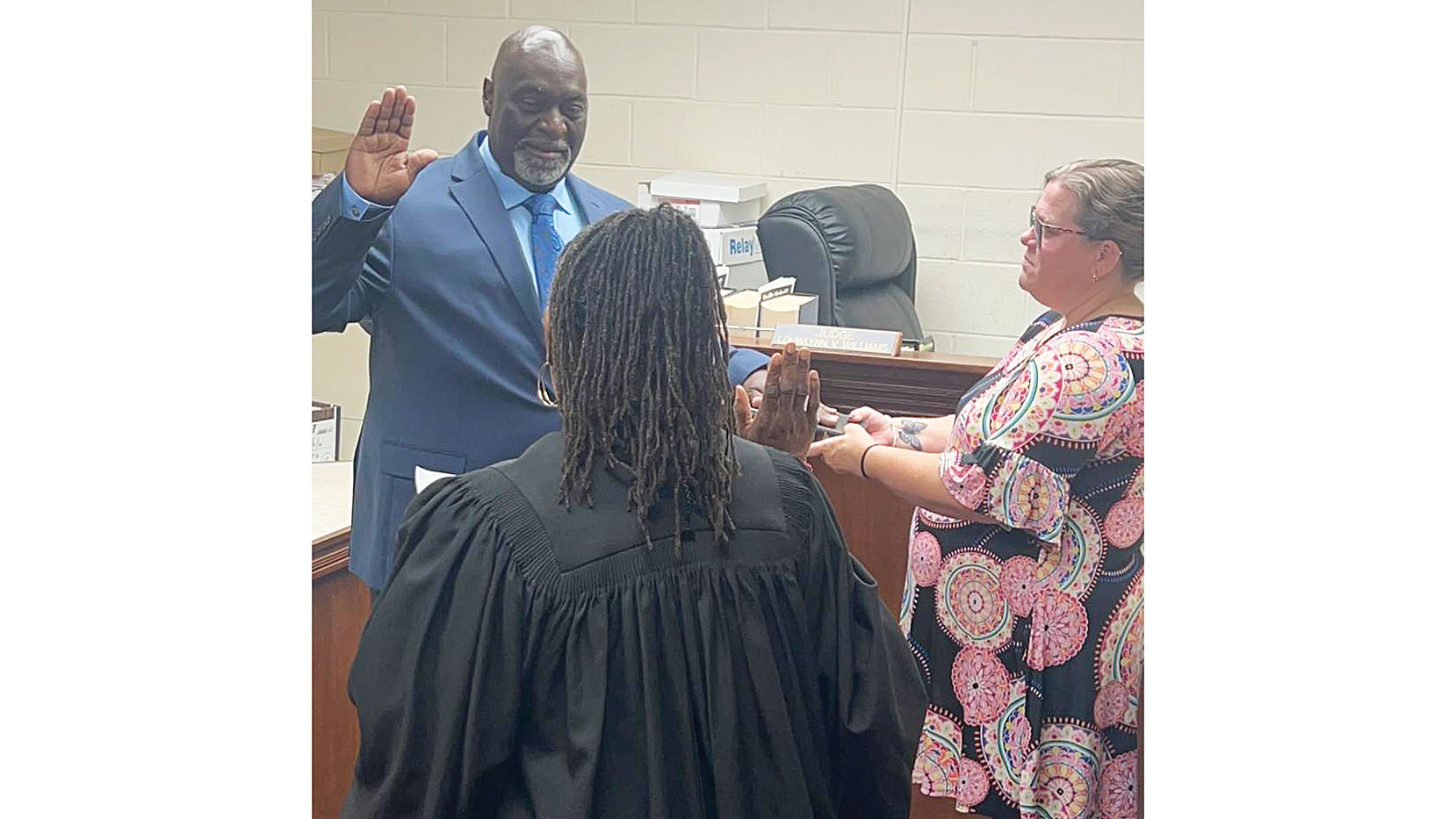Area sheriffs decry proposals to close mental, juvenile facilities
Published 6:00 am Wednesday, January 6, 2010
Area sheriffs said Gov. Haley Barbour’s proposals to closemental health crisis centers and the only state-run juvenilecorrectional facility in Mississippi could prove disastrous ifallowed to come to reality.
Lincoln County Sheriff Steve Rushing is currently serving as theMississippi Sheriff’s Association’s third vice-president. He said anews conference held last Wednesday at the state Capitol was aimedat letting legislators know that county law enforcement officialsall over the state are opposed to the idea.
The closure of Oakley Training School would leave the criminaljustice system with very few options for juvenile offenders,Rushing said.
“That’s the only place we have to take juveniles who have beendetained or adjudicated,” he said. “There’s nowhere else to takethem once they’ve been adjudicated by youth court. We’d have to putthem back out on the streets.”
Part of this problem comes from the fact that most county jailshave no setup for a sudden influx of underage offenders, saidLawrence County Sheriff Joel Thames.
“I feel closing Oakley would be a great mistake,” he said. “Thefacility is already equipped to handle juvenile offenders, whereasour county jails cannot house juveniles along with adultinmates.”
Meanwhile, the time young offenders spend in Oakley could bevital to the rehabilitation process, officials said.
“I feel juvenile offenders should receive enough time in anenvironment such as Oakley in hopes of them being rehabilitated andbecome responsible adults,” Thames said.
Rushing agreed.
“There’s no other alternative right now as far as a criminalissue with a juvenile,” he said. “We’d all be up in the air aboutwhat to do with them.”
And an equally crucial issue, officials said, is the idea ofclosing North Mississippi State Hospital in Tupelo, SouthMississippi State Hospital in Purvis, Mississippi Adolescent Centerin Brookhaven, Central Mississippi Residential Center in Newton andsix Crisis Intervention Centers.
“If they close those, they’d be back to where we’d have to waitfor a bed at Whitfield,” Rushing said, adding that mental patientswould be housed in county jails while they wait for room to open upat the state’s mental hospital. “Right now, once someone iscommitted, within a couple of days we can get them out of here toWhitfield. I remember before the crisis centers we had to waitweeks sometimes.”
Rushing said his facility has one room designed to house amental patient, and in the past he’s had as many as four in jail atone time. Thames said there are no facilities to accommodate thementally ill in his jail.
And both Rushing and Thames said they disagree with even puttingmental patients in jail in the first place, pointing to theliability of inadequate training as well as facilities toaccommodate the mentally ill.
“These people have an illness, and are not criminals,” Thamessaid. “When I was elected sheriff in 1999, my job description wasto be the chief of law enforcement in my county. I was elected toprotect and serve the people. I was not trained to be a doctor nora psychologist, which is what a mentally ill person needs.”
But Franklin County Sheriff James Newman sees the process in adifferent light. He said if a jail is the only facility to hold thementally ill, so be it.
“You have to do your sworn duty to protect the public, andsometimes from themselves,” he said. “I’ve been in law enforcement27 years, and mental people goes with the turf. Here we just makesure we do it on a individual basis, and try to treat people thesame way we’d do with our own family.”
Newman said in his opinion, the more pressing issue is notnecessarily the emphasis on the mentally ill or on thejuveniles.
“No doubt it’s a critical issue, but what is more critical thanthat is trying to keep people in the penitentiary that need to bethere, instead of all these early releases,” he said. “The criminalelement knows they’re not serving any time now, and we’re fixing tosee a big crime wave if we can’t keep people in thepenitentiary.”
But in the meantime, Rushing, who is on the sheriff’sassociation’s legislative committee, said they are doing all theycan to address the current battle. He and Thames both said they’vespoken with area legislators about the problem.
“I understand the budget is tight, but still there are certainservices that shouldn’t be dropped,” Rushing said.





